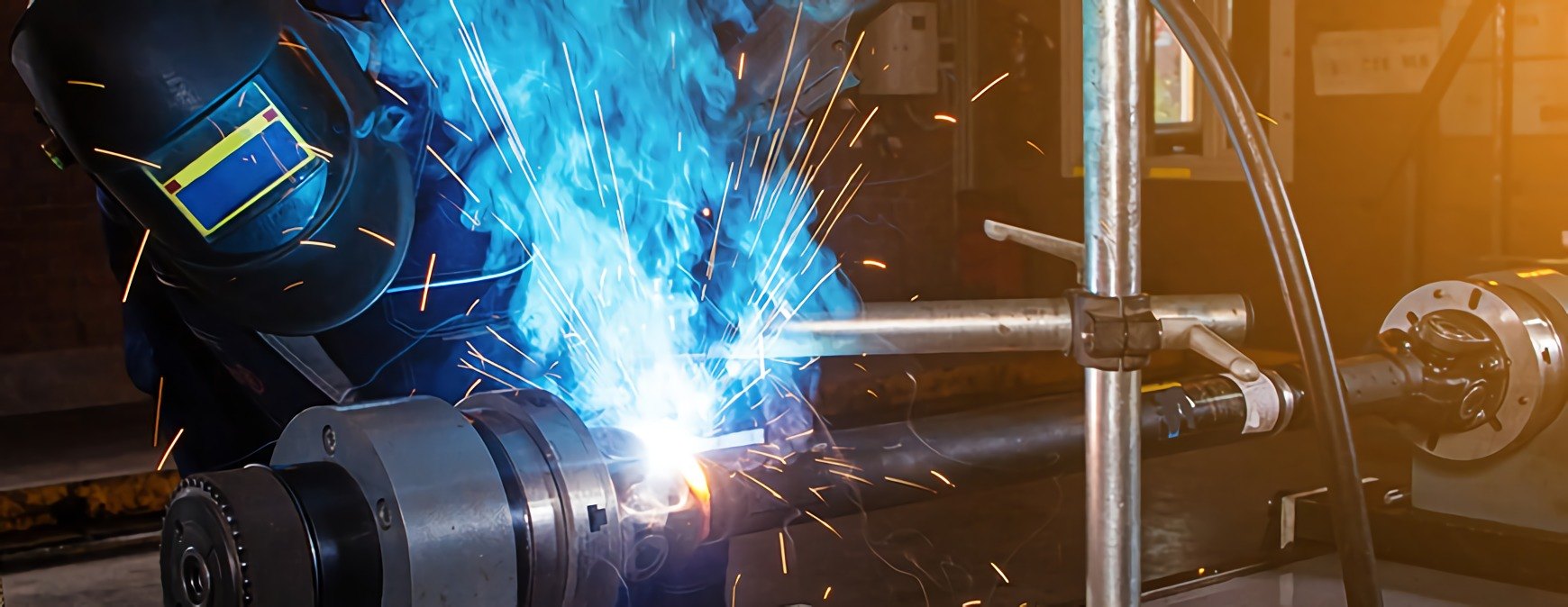TWS is a Great Training Option for Everyone
Learn more about how we can prepare you to advance your career.
Certification is one way to advance in the field after you complete your welding training. The type of certification a welder seeks usually depends on the industry he or she works in. Most welding certifications must be renewed after a certain length of time. Find out how long some of the most common certifications are good for in this article.
When Do Welding Certifications Expire?
Welding certifications are usually good for anywhere from six months to three years.
Employer Certifications
6 Months
Employers often test job applicants on the specific welding process they’ll be using in that line of work. Once a welder has proven his or her ability in a certain welding process, metal, position, and thickness range, he or she is considered qualified for the job. If the welder’s test results were documented, then he or she is certified to work in that welding process for six months.
Have You Considered a Career in the Skilled Trades?
Fill out the form to recieve a no obligation info packet.
American Welding Society – industry standard
6 months
The American Welding Society (AWS) offers eight certifications for welders. One of the tests is for the Certified Welder. This certification could prove helpful to welders working in the chemical refinery, structural steel, sheet metal, and petroleum pipeline welding industries.
Every six months after you receive this certification you must submit a maintenance form to AWS verifying that you’re still performing the same welding you were initially tested on. Welders who do not submit their maintenance forms within this timeframe must be tested on the procedures again to reinstate their certification in them. 1
American Society of Mechanical Engineers boilers and pressure vessels
1 to 3 Years
The American Society of Mechanical Engineers (ASME) certifies those who work on boilers and pressure vessels. Companies that design and fabricate boilers and pressure vessel parts could apply for the organization’s Boiler and Pressure Vessel Certification (BPVC). Once certified, a company can place the ASME stamp on their products.
Companies have several different types of BPVC certifications. Most of these certifications are good for one to three years. 2 3
American Petroleum Institute – metallurgy and welding inspector
3 Years
Experienced welders working in the petrochemical industry may be interested in certification from the American Petroleum Institute (API) for API 577 Welding Inspection and Metallurgy.
API 577 certification expires after three years if a recertification application is not submitted. If a welder misses the recertification window, he or she must take the exam, pay the fees, and turn in a new application to become certified again. 4
Keeping Track of Expiration Dates
Spending the time and effort to obtain a welding certification can pay off in increased career opportunities. Keeping track of expiration dates can help welders avoid the unnecessary inconvenience of having to recertify because they missed the renewal period.
1 – http://www.aws.org/certification/page/certified-welder-program
2 – https://www.asme.org/shop/certification-accreditation/boiler-and-pressure-vessel-certification
3 – https://www.asme.org/wwwasmeorg/media/ResourceFiles/Shop/Certification%20%26%20Accreditation/BPV-Certification/BPV-Certification_Form_New-Application.pdf
4 – http://www.api.org/products-and-services/individual-certification-programs/certifications/api577#tab_recertification
This blog has been labeled as archived as it may no longer contain the most up-to-date data. For a list of all current blog posts, please visit our blog homepage at https://www.tws.edu/blog/







